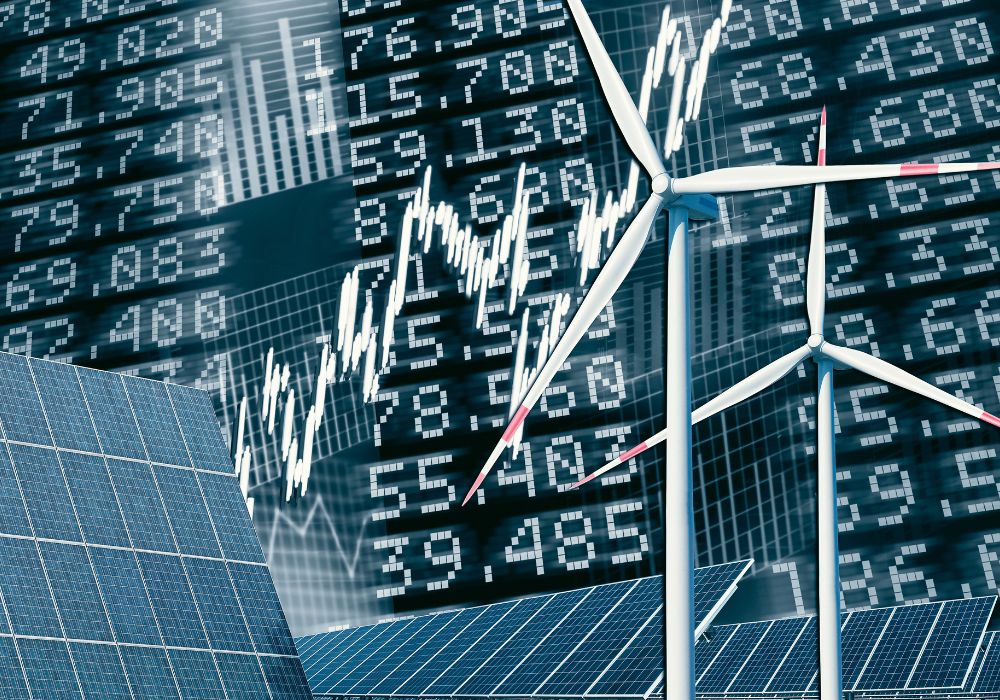Clean energy stocks and exchange traded funds have rebounded this spring, raising hopes that the sector’s two-year slump is coming to an end.
After hitting a 2024 low of US$13.02 on April 19, the iShares Global Clean Energy ETF closed at US$14.15 on May 20, a 9% gain. Similarly, First Trust Clean Energy ETF gained 15%, rising to US$35.15 from US$30.48 in the same period. By comparison, the S&P Oil and Gas Exploration and Production ETF, a major ETF, tumbled 5 percentage points from a high in early April.
The recovery has been driven by expectations of lower interest rates and long-term demand for renewable energy for electric vehicles, building heat, industrial uses and data centres.
The sector has had a tough couple of years. Rising interest rates and supply chain problems in the post-pandemic period have eroded values of clean energy stocks and funds. The Morningstar category of alternative energy equity funds posted an average annual return of -11% in 2022 and -10.5% in 2023.
Unlike fossil fuel companies, which generally have stronger balance sheets, wind, solar and other renewable companies must draw on capital markets to finance expansion. With higher levels of debt, clean energy companies have struggled under recent interest rate increases. The sector also experienced problems sourcing renewable power equipment such as turbines and solar panels in the last two years from a lack of supply from China, a shortage of critical minerals and a dearth of local installers.
With central banks signalling that lower interest rates are on the way and valuations looking attractive after a two-year downturn, renewable energy companies are now beginning to come back in favour with investors.
Another big driver is high expected demand for clean energy in coming years. Despite troubles at companies like Tesla, the auto industry is preparing for rapid expansion in electric vehicles – as can be seen by Honda Canada’s $15 billion EV and battery plant expansion plans announced on April 15 in Ontario.
As well, there is growing concern that power use by data centres will require massive new clean energy capacity, or CO2-emitting natural gas plants will need to be cranked up to meet power needs.
Brookfield Renewable Partners (BEP), a major Canadian-based global clean energy company, is benefiting from this trend. In early May, the company announced it had signed an agreement with Microsoft to supply massive amounts of renewable energy to power Microsoft operations in the U.S. and Europe between 2026 and 2023.
At 10.5 gigawatts, the deal is almost eight times larger than the largest single corporate power purchase agreement ever signed. BEP rose from $30 on May 1, when the deal was announced, to opening with $37.73 on May 21. (Disclosure: the author holds an investment position in BEP units.)
While the sector has good prospects, some forecasters are saying it could have a bumpy ride in coming years.
Analyst Natalia Luna of Columbia Threadneedle Investments told Morningstar she is forecasting positive and continued growth in the sector, “although not without obstacles” related to approvals of new power projects, supply chain difficulties and bottlenecks in electricity grids.







